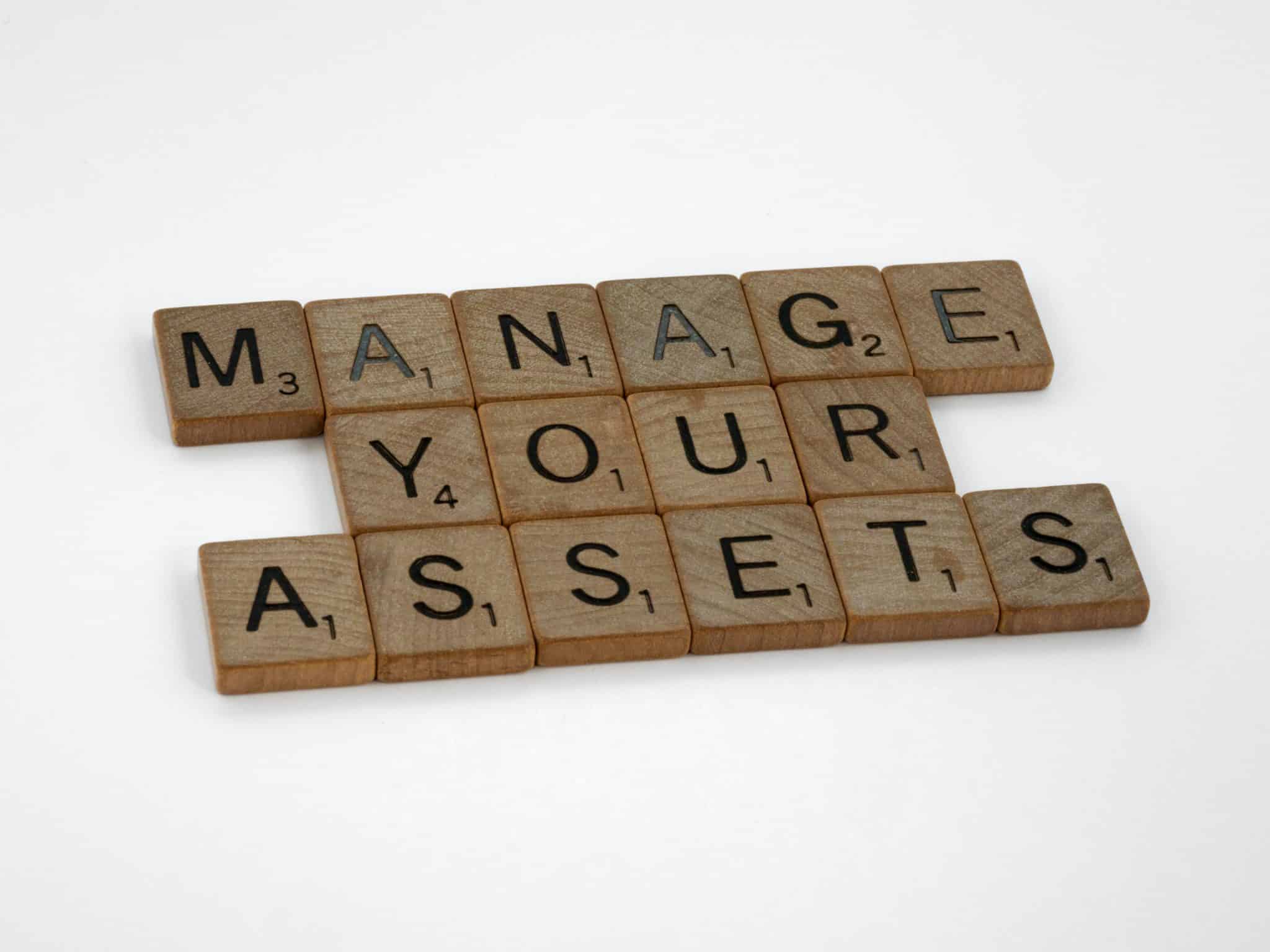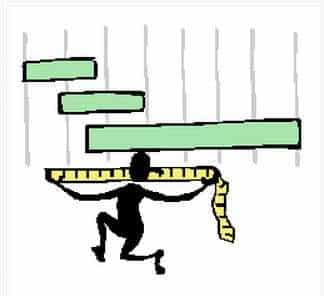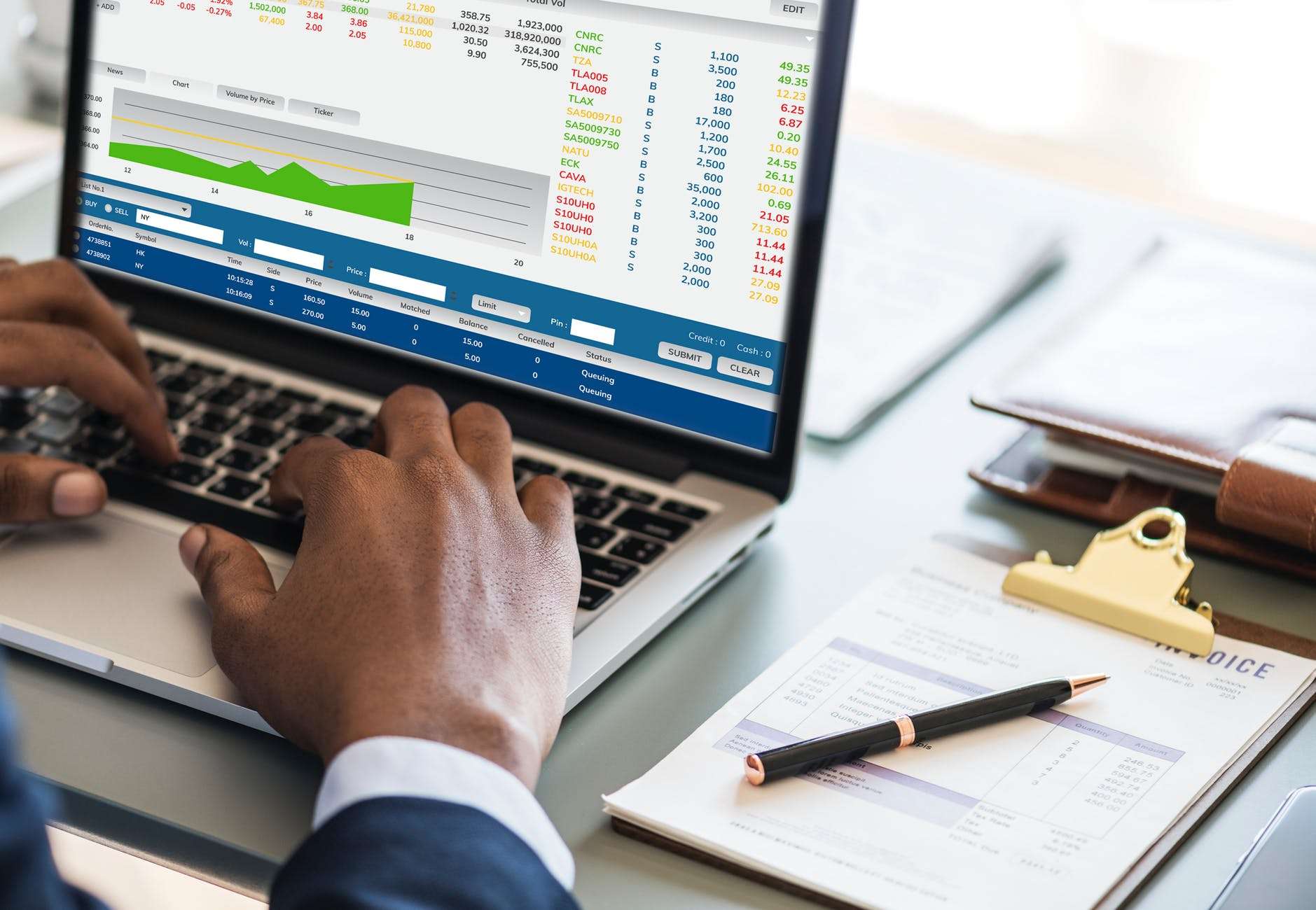company assets
Advertising is an important part of any business, but it can be difficult to decide whether it should be treated as an expense or an asset. This article will discuss the pros and cons of both approaches, helping you to decide which is best for your business. We’ll look at the different types of advertising, the costs associated with each, and the potential returns.
Read moreShell corporations, also known as shell entities, are distinguished by the absence of significant business operations or assets. They are now inactive and are used for a variety of financial activities. Shell corporations can be used for legitimate purposes such as tax planning, asset protection, and confidentiality. But, they can also be used for illicit activities like money laundering and fraud.
Read moreAccounts Receivable is an important asset for any business. It is the money owed to a company by its customers for goods or services that have been delivered or used, but not yet paid for. Accounts Receivable is considered an asset because it is money that is owed to the company and can be collected in the future. It is also considered a form of revenue because it is money that has been earned but not yet received.
Read moreAre you looking for a way to record the disposal of assets? This article provides a comprehensive guide to help you understand the process and ensure that all assets are properly disposed of. We’ll discuss the importance of asset disposal, the steps involved, and the best practices to follow.
Read moreAccumulated depreciation is an accounting concept that is used to track the depreciation of an asset over its useful life. It is a non-cash expense that is recorded on the balance sheet as a reduction of the asset’s value.
Read moreThe Quick Ratio is an important tool for financial analysis. It is a measure of a company’s liquidity and its ability to pay short-term obligations. It is calculated by dividing a company’s current assets, excluding inventory, by its current liabilities.
Read moreAssets and liabilities are two of the most important concepts in accounting and finance. They are used to measure the financial health of a business or individual. The difference between assets and liabilities is that assets are items of value owned by a business or individual, while liabilities are obligations or debts owed by a business or individual.
Read moreIs Depreciation a Direct Cost or Indirect Cost? Depreciation is an accounting concept that is used to spread the cost of an asset over its useful life. It is a non-cash expense that is used to reduce the value of an asset on the balance sheet.
Read moreThe 50% rule in accounting is a guideline businesses use to classify expenses. If an expense is more than half the cost of replacing an asset, it’s a capital expenditure. This rule is important for companies to record expenses an keep proper financial records. It helps differentiate between costs that are big enough to be capital […]
Read more






















